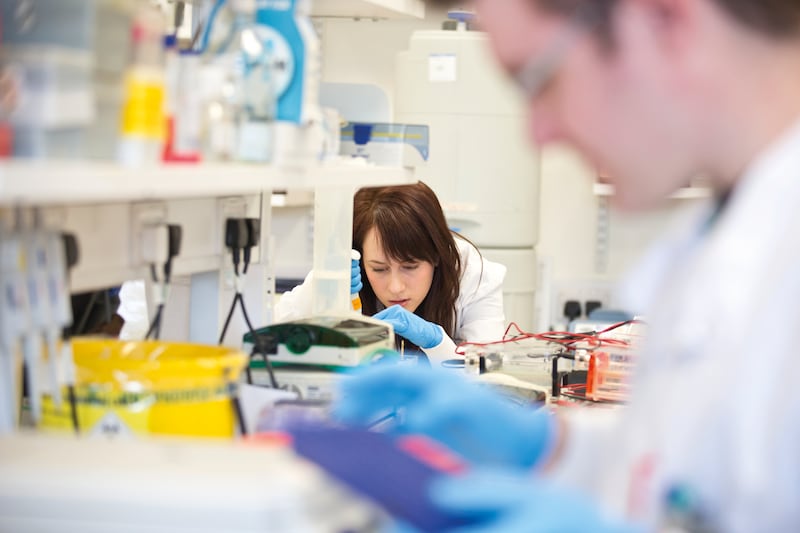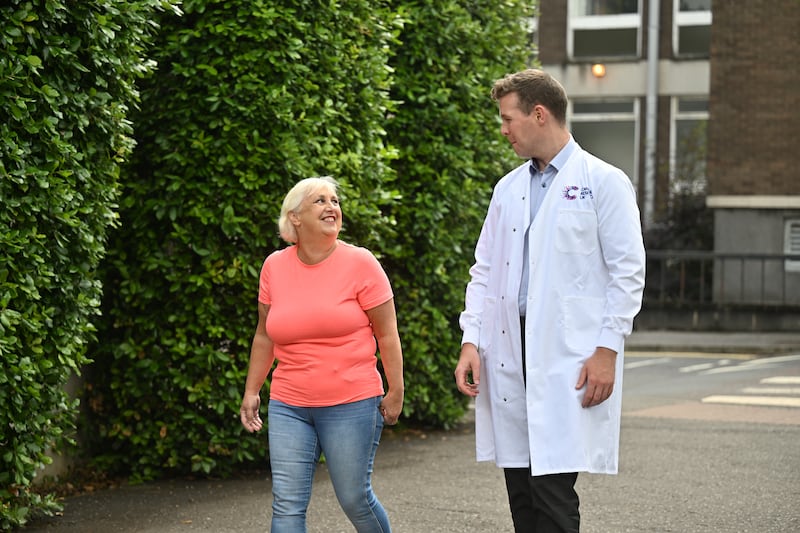Skin cancer
Skin cancer diagnoses in the UK across all ages, have reached a record high of 17,500 every year, according to Cancer Research.
This growth shows no sign of stopping.
Melanoma skin cancer cases could increase by around 50% over the next 20 years, hitting a record 26,500 a year by 2040, the charity says.
So, what should we be looking out for?
What are the visible signs?
“Visible signs of skin cancer include lumps or patches on the skin, changes in the appearance of moles, or the development of new growths on the skin,” says Catherine Borysiewicz, a dermatologist at King Edward VII’s Hospital, London.
“Look for any moles or spots that exhibit irregular borders, uneven colouration, or are larger than the size of a pencil eraser. Additionally, any sores that do not heal or lesions that bleed, itch, or change in size should be monitored closely.”
You may be worried a rash could indicate skin cancer, but they are normally safe.
“Rashes can be caused by numerous factors, including allergies, infections, autoimmune diseases, or contact with irritants.
“Some non-cancerous skin conditions may mimic the appearance of certain types of skin cancer, such as eczema or psoriasis. A dermatologist can help differentiate between these conditions based on a thorough examination and, if necessary, additional diagnostic tests,” she explains.
Should I be on the lookout more after sunburn?
“Sunburn itself is a sign of skin damage caused by excessive exposure to UV radiation. While it does not directly indicate skin cancer, sunburn can increase your risk of developing skin cancer in the future. Therefore, it is important to be more vigilant and use sun protection measures, to minimise the risk of developing skin cancer later on,” says Borysiewicz.
Would I be in pain?
“Persistent pain in a skin lesion or an area of the skin can be a potential indicator of skin cancer. Pain associated with skin cancer is typically not the initial symptom, but it can occur as the cancer progresses. If you experience unexplained and prolonged pain in a specific skin area, especially if accompanied by other suspicious signs, it is advisable to consult a dermatologist for further evaluation,” says Borysiewicz.
Will I feel unwell?
“Skin cancer is primarily diagnosed based on visible changes in the skin. However, it’s important to note that advanced stages of skin cancer may cause systemic symptoms, such as fatigue or weight loss,” she explains.
When should I get something checked?
“It is essential to get any skin concern checked by a dermatologist if you notice any suspicious changes in your skin. This includes new or changing moles, unusual growths, sores that don’t heal, or any other worrisome skin changes,” she stresses.
“Early detection is crucial in successfully treating skin cancer, so it’s better to be cautious and have any concerning skin abnormalities evaluated by a doctor as soon as possible,” Borysiewicz explains.
.






